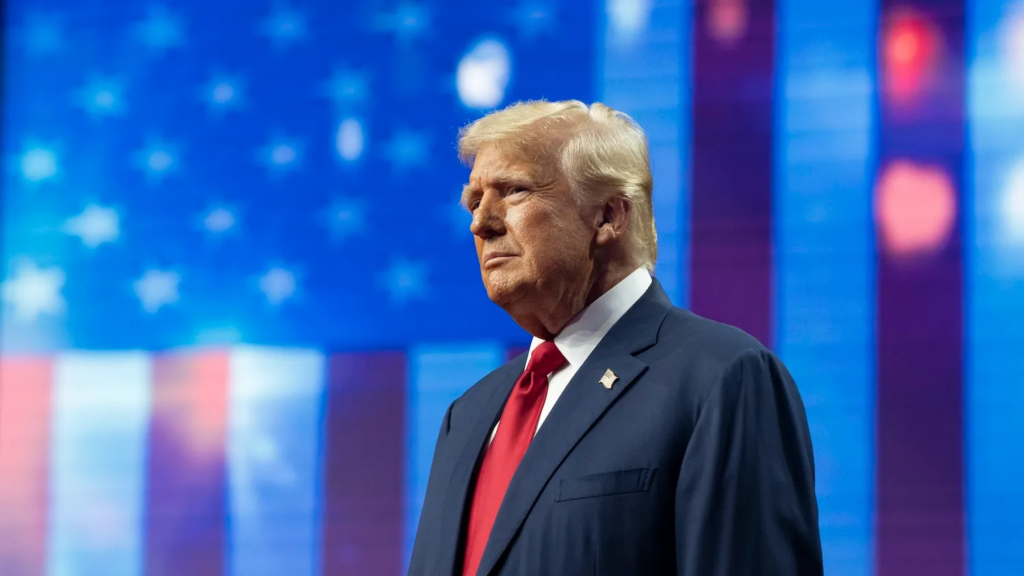US President Donald Trump has declared this Wednesday as “Liberation Day,” vowing to introduce new tariffs aimed at reducing reliance on foreign goods. While specifics remain unclear, the impact on American businesses, consumers, and the global economy could be significant.
What’s in Trump’s Tariff Plan?
Trump’s proposed tariffs will impose import taxes on a range of goods, including:
- Automobiles: A 25% tariff on foreign-made cars, which Trump claims will boost domestic auto sales.
- Pharmaceuticals, Copper, and Lumber: Targeted tariffs on key industries.
- Venezuelan Oil: A 25% import tax, despite ongoing US imports.
- China: An extra 20% tariff due to fentanyl-related concerns.
- Canada & Mexico: New tariffs aimed at tackling drug smuggling and illegal immigration.
“This is the beginning of Liberation Day in America,” Trump stated. “We’re going to charge countries for doing business here and taking our jobs, our wealth, and a lot more.”
While Trump insists these tariffs will encourage domestic investment, he also hinted at possible negotiations to ease them if agreements are reached.

Economic Impact—Will It Backfire?
Many economists warn that these tariffs could slow US economic growth:
- Higher Prices: Consumers may face increased costs for cars, groceries, and housing.
- Weaker Growth: Goldman Sachs predicts US GDP growth could drop to just 0.6% this quarter, down from 2.4% late last year.
- Job Losses: While Trump argues tariffs will create jobs, experts warn they could hurt industries dependent on global supply chains.
Economist Art Laffer estimates that auto tariffs alone could add $4,711 to the cost of a new car. Columbus Mayor Andrew Ginther cautioned that tariffs could drive up median home costs by $21,000, worsening affordability issues.
Some officials argue the tariffs will only cause a temporary price shift, but others fear international retaliation could spark inflation and prolonged economic challenges.
Global Response—Pushback From Allies and Rivals
International leaders have sharply criticized Trump’s move:
- Canada: Prime Minister Mark Carney called it a “break” in US-Canada relations.
- France: President Emmanuel Macron warned the tariffs would “harm global value chains” and worsen inflation.
- Mexico: President Claudia Sheinbaum has taken a cautious stance, prioritizing job protection.
- China: Officials condemned the move, stating “there are no winners in trade wars.”
Why Call It “Liberation Day”?
Trump has previously used the phrase “Liberation Day” to describe major political milestones:
- November 5, 2024: The presidential election.
- January 20, 2025: His inauguration, which he called a day of national redemption.
For Trump, tariffs are more than economic policy—they symbolize a fight for US sovereignty and economic independence. Critics, however, warn that this “Liberation Day” could result in higher costs, economic turbulence, and global tensions.
Finance professor Phillip Braun was blunt in his assessment: “I don’t see anything positive about Liberation Day. It’s going to hurt the US economy and other countries will retaliate.”
